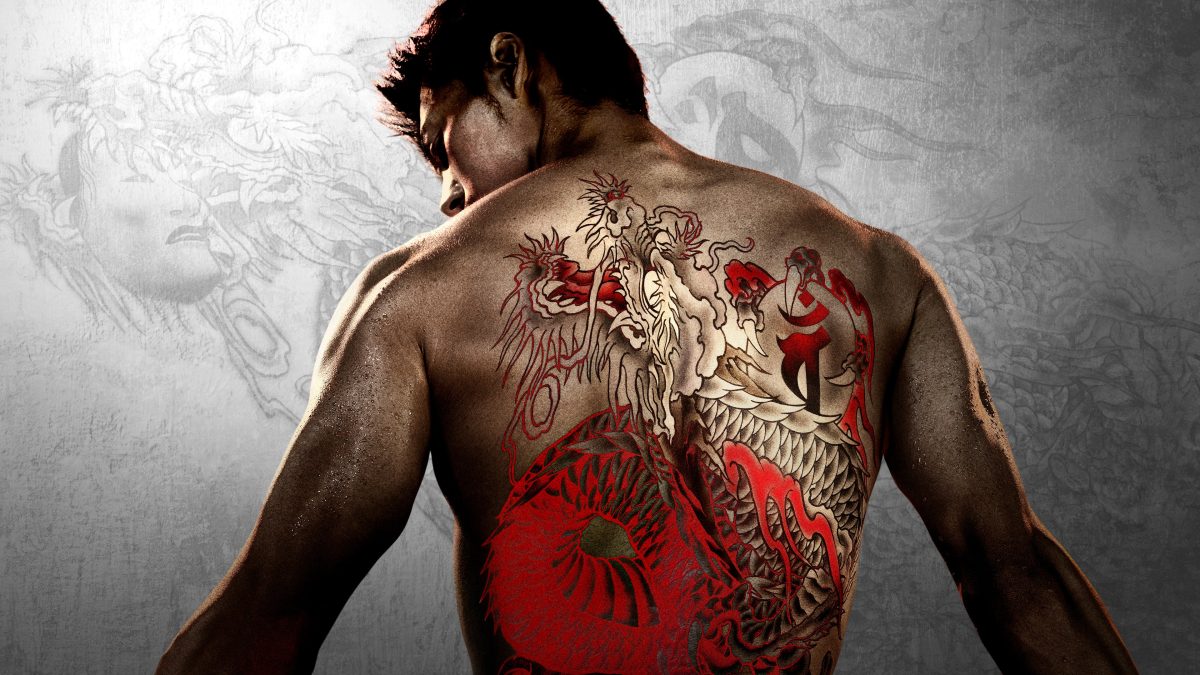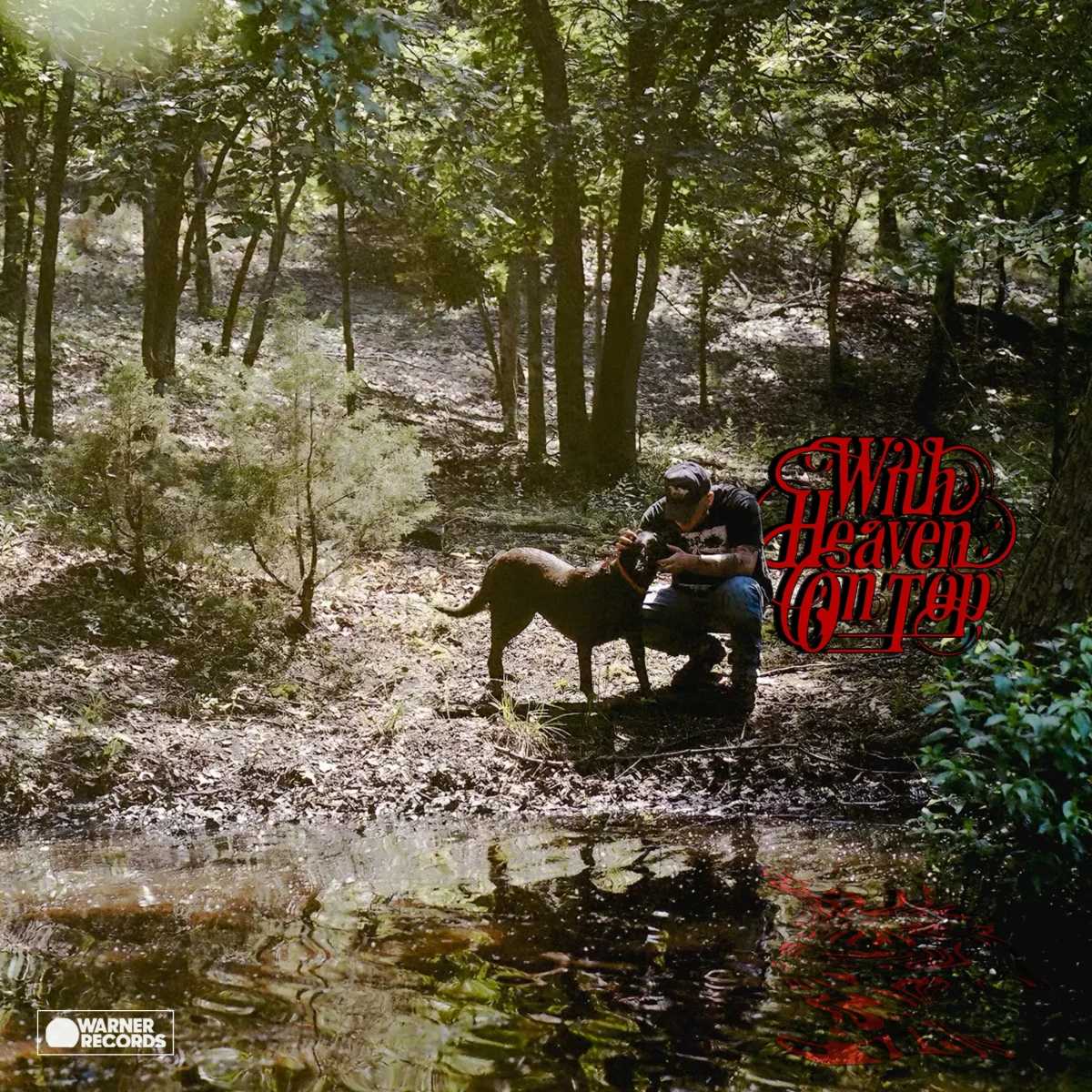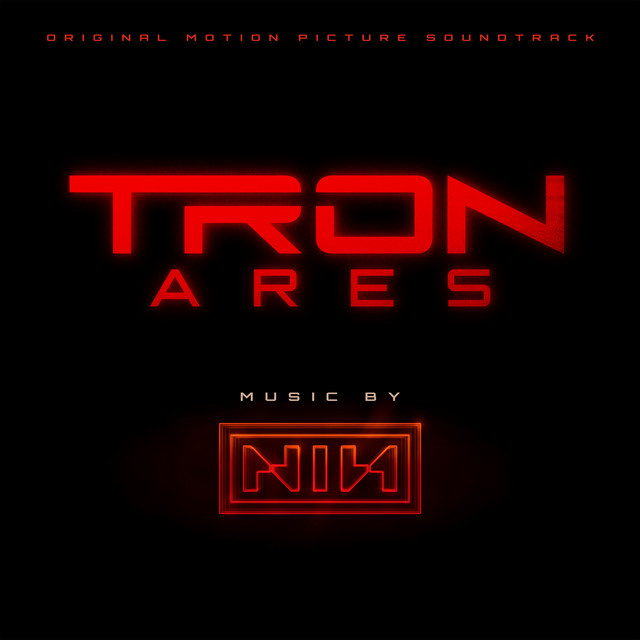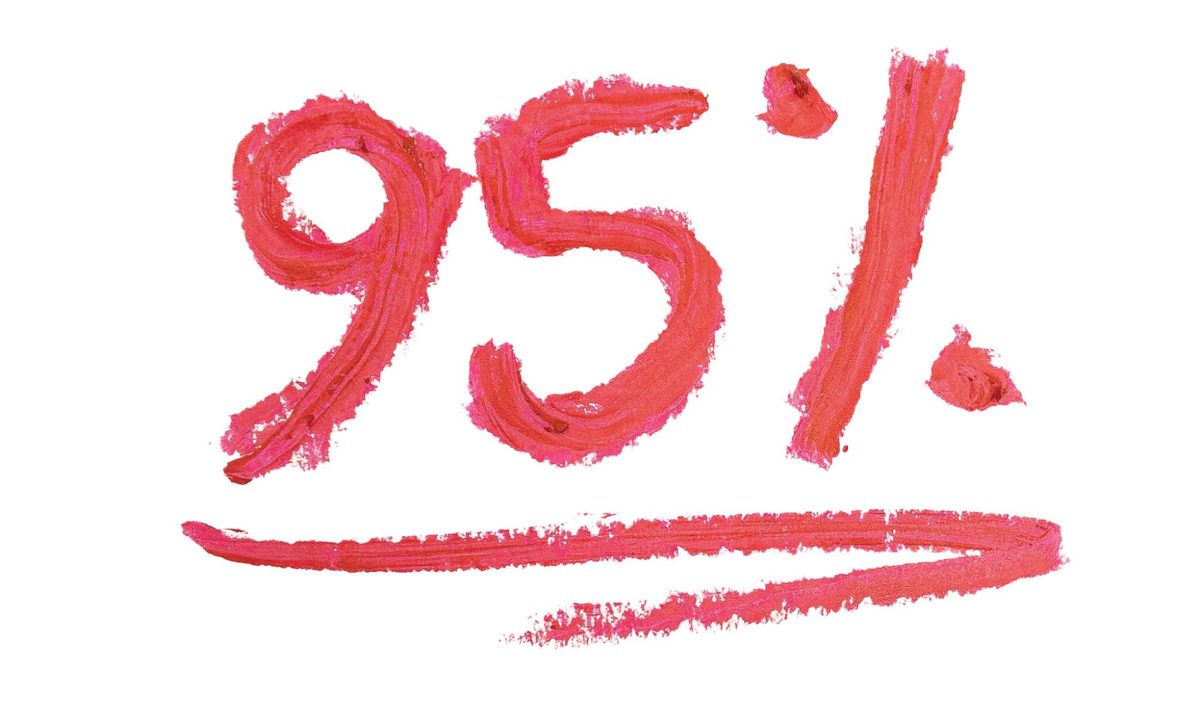Amazon Prime Video’s Like A Dragon: Yakuza may share a title with the popular video game series, but the adaption feels unfamiliar to its namesake. Through the six episodes that this action-crime drama unfolds, almost none of it feels in the spirit of Yakuza. From the very first episode, fans of the series will recognize that this is a very different portrayal of the Dragon of Dojima.
The series follows Kiryu Kazuma, a Yakuza who is falsely imprisoned for a decade after taking the blame for his sworn brother, Nishiki, after the murder of their patriarch. This is a plot point present within the Prime Video adaptation, but the story diverges from what fans expect.
The adaptation is a loose retelling of the first Yakuza game, originally published by Sega for the PlayStation 2. Since then, the franchise has grown with over 20 releases on multiple platforms, including mainline games, remakes and spinoffs. The show plot unfolds across two timelines,1995 and 2005, presenting the past and present of each character before Kiryu’s imprisonment.
While many characters from the series are present, they have been altered slightly. Kiryu (Ryoma Takeuchi), shares some similarities with his counterpart but never fully embodies the character. The actor does a solid job portraying the Dragon of Dojima, but never fully embodies the spirit of the character.
His opposite, Nishiki (Kento Kaku), shares the same fate. Yumi (Yuumi Kawai), Kiryu’s main love interest in the game, is an almost completely unrecognizable character here.
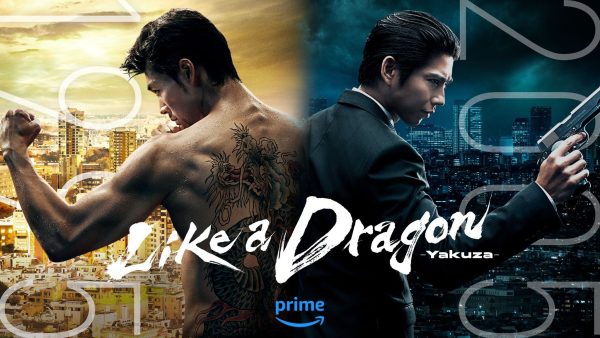
Fan favorites like Goro Majima, Haruka Sawamura and Taiga Saejima are all sidelined in this adaptation and not given much to do. Although they appear in a few episodes, it seems the writers had no idea what to do with them. Haruka is one of the most important characters in the original game, but within the show she is relegated to a plot device.
There are many examples of characters with changed backstories and personalities that will be hard for fans to ignore as the show progresses.
Kamurocho is the main setting of both the game and the show, is a crime ridden district inspired by Tokyo’s Kabukicho in Shinjuku. The vibrant and neon-soaked city looks great in this portrayal. The cast and crew beautifully brought the iconic streets of Kamurocho to life and it definitely serves as a success for this adaptation.
Sets, costumes and cinematography are handled extremely well; though some early episodes feature lackluster action choreography and editing. Like A Dragon: Yakuza is a very visually appealing glimpse into Kiryu’s saga.
In the video games, combat is known for being brutal and visceral, often utilizing “heat” actions–powerful animations used to defeat enemies. This adaptation omits the heat actions entirely, seemingly to reinforce a more realistic tone.
The action sequences in Like A Dragon: Yakuza leave much to be desired, especially when compared to the dynamic combat that defines the video games. Many action scenes are difficult to follow due to quick editing and jarring cinematography. This problem mainly affects the first few episodes, while the final few do a better job capturing the action and decent choreography. Even still, the games far outshine this adaptation in the action department and it should’ve been a higher priority to get right for a series that is so deeply rooted in it.
Although unfaithful to the games, this retelling is by no means an all bad experience. The early episodes often feel slow, but the pace picks up as the show continues. By the final episodes, the adaptation manages to be much more entertaining. Unfortunately, many fans might not stick with it long enough to see it find its footing. Following the pattern of changes, the show also ends very differently than the first game, concluding with a cliffhanger and unsolved plot points that could carry over into a second season.
The choices to alter the narrative and characters raises the question: Who this show is for? Like A Dragon: Yakuza often feels like an unrelated crime drama with a Yakuza theme placed on top of it, with the content of this adaptation not being nearly strong enough to bring any new fans into the franchise. Without the Like A Dragon or Yakuza title, this show would likely fly under the radar and have no audience to back it.
Fans craving a portrayal that embodies the energy of the games would have better luck watching the 2007 film adaptation, Yakuza: Like a Dragon, directed by Takashi Miike. Although difficult to find, the film does a much better job capturing the both serious and often goofy nature of the games.
Anyone interested in the series might still find enjoyment in this adaptation, despite its differences. Like A Dragon: Yakuza offers a varied retelling of the source material, though hardcore fans may be left disappointed.
